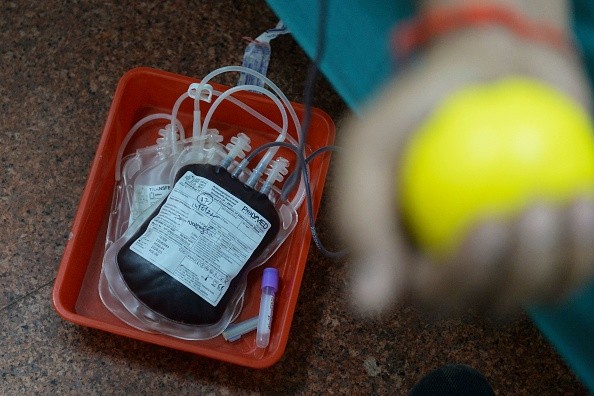
Thousands of sickle cell disease patients will get access to a new "life-changing" treatment on the NHS on May 3 after the approval and introduction of a novel medication that has the potential to greatly enhance their quality of life.
The National Institute for Health and Care Excellence (Nice) in England has approved the medication Voxelotor for use in patients with the condition who are 12 years or older.
The drug, taken as a daily tablet, is said to considerably enhance the quality of life for sickle cell patients by lowering their need for blood transfusions, which results in fewer hospital visits.
According to the NHS, people with African or Caribbean ancestry are more likely to have the illness, and nearly 17,000 people in England are affected by the disease, with at least 4,000 of those thought to be qualified for the new treatment.
Charities and groups that help people with sickle cell disease have praised the drug's approval.
Charles Kwaku-Odoi, the chief executive of the Caribbean and African Health Network (CAHN), said they are delighted that Nice has approved this treatment for people living with Sickle Cell and the Black community.
He claimed that this treatment offers significant hope of a better quality of life to those who suffer from this often debilitating condition.
He also noted that at CAHN, that they continue to advocate and amplify patient voices when addressing systemic inequities for an underserved community.
John James, the chief executive of the Sickle Cell Society, said that Nice's decision offered a great deal of hope, and they are profoundly grateful that this day has arrived. He described it as deeply life-changing and celebrated the moment for people with the condition.
Blood flow is hindered by sickle cell disease, which causes blood cells to change in a crescent shape. Patients experience severe painful episodes, which can require hospital admission.
Furthermore, there may be a 20-30-year difference in life expectancy compared to the general population.









